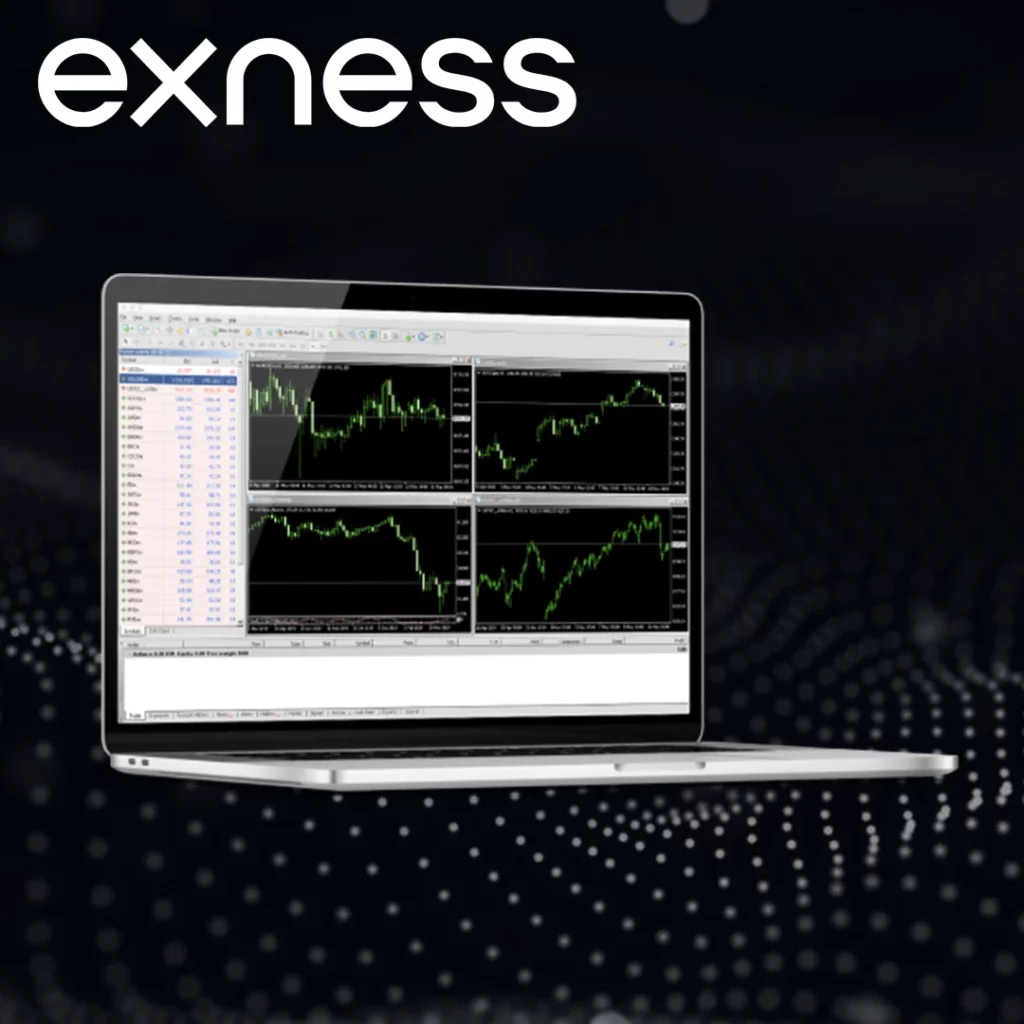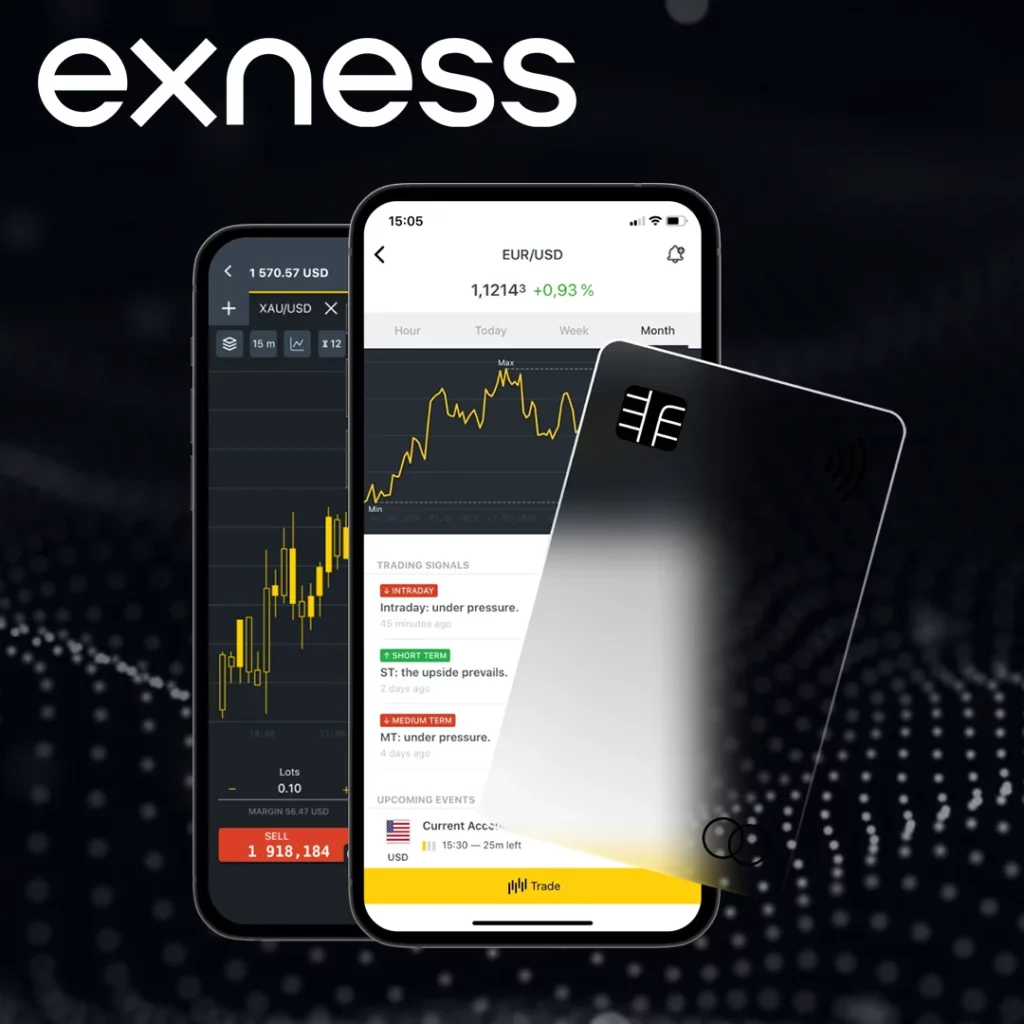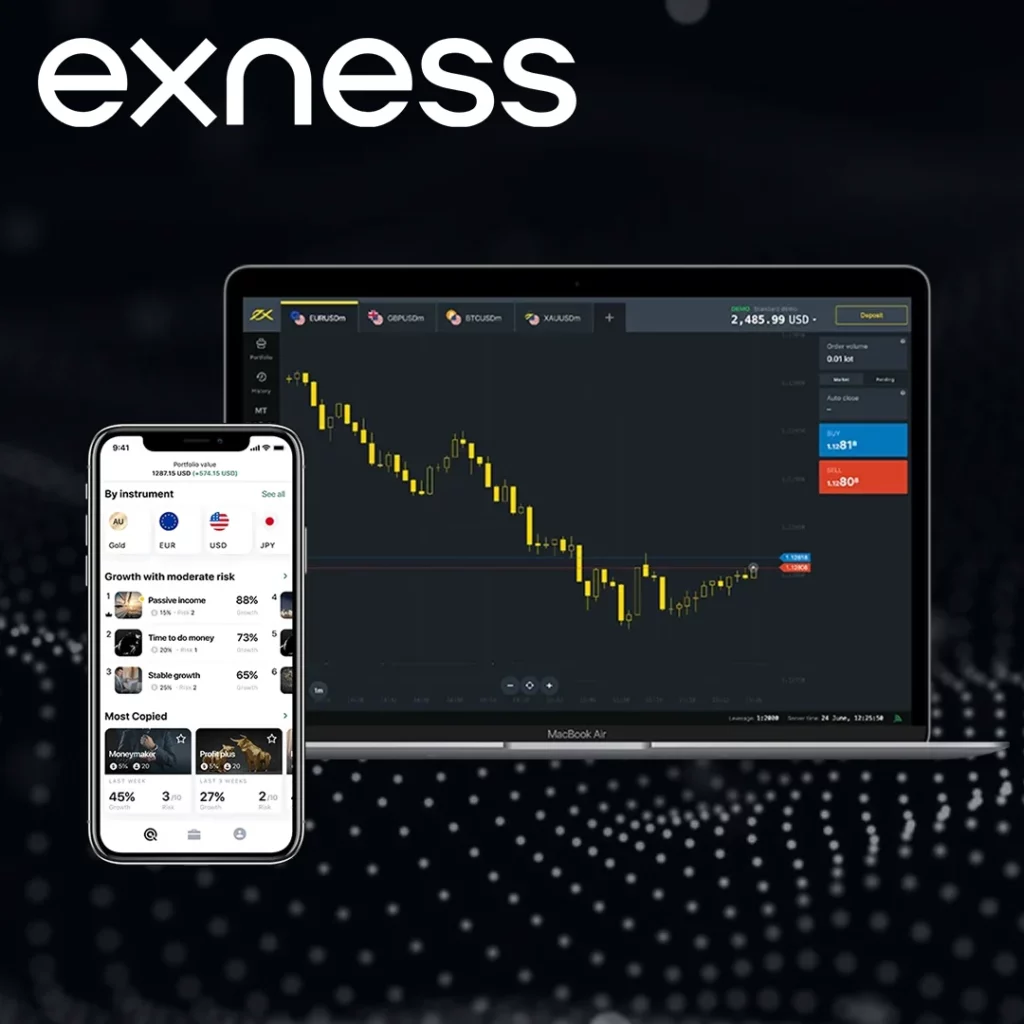Trading on margin always involves specific conditions that affect costs, and one of the most important aspects is the overnight fee. Exness applies swap charges when a position remains open past the daily rollover time. For active participants, understanding how these charges work is essential for calculating profitability and risk. The mechanism may vary depending on the asset class, account type, and trading strategy.
What Are Overnight Fees?
Overnight fees, often called swap rates, represent the interest applied when a leveraged position carries over to the next trading day. They can be positive or negative depending on the direction of the trade and the difference in interest rates between the currencies involved.
For example:
- A long position in a currency with higher interest compared to the one borrowed might generate a credit.
- A short position in the same pair could lead to a charge.
In practice, most traders consider overnight fees as a cost of keeping trades open for more than one day.
How Exness Calculates Overnight Fees

Exness calculates overnight fees using a formula that factors in the size of the contract, the swap rate set by liquidity providers, and whether the position is long or short. The fee is automatically deducted or added once per day after rollover.
Swap = (Lot Size × Contract Size × Swap Rate × Days) / 10
General Formula:
- Lot Size – number of lots traded.
- Contract Size – standard units per lot, often 100,000 for currency pairs.
- Swap Rate – interest value defined by the broker.
- Days – number of nights the trade stays open.
This process is automatic, but reviewing the rates on the Exness platform helps in planning trades.
Why Overnight Fees Matter

Ignoring overnight fees can distort trading expectations. Even profitable setups may lose value if positions are held for extended periods without considering these charges.
Key reasons to monitor them:
- Impact on long-term strategies – Swing and position traders face higher exposure.
- Variation by instrument – Forex, indices, commodities, and cryptocurrencies carry different rates.
- Weekend effect – Triple swaps often apply on Wednesday or Friday to account for non-trading days.
- Scalping vs. swing trading – Short-term approaches are less affected compared to strategies spanning weeks.
Strategies to Manage Overnight Fees
Managing overnight fees is not only about reducing costs but also about structuring trades in line with market conditions. Professional traders apply different methods depending on the asset class and holding period.
Practical approaches:
- Monitor swap rates in advance – Checking the rate table inside the trading terminal prevents unexpected deductions.
- Plan around rollover times – Closing positions before the daily rollover can help avoid charges.
- Use positive swaps – Certain instruments offer credit on specific directions; these can be used strategically.
- Limit exposure on weekends – Since triple swaps apply, many traders prefer to close before Friday rollover.
- Combine with risk management – Aligning stop-loss and take-profit levels with fee considerations ensures balanced trading.
By integrating fees into calculations, traders maintain realistic expectations regarding profitability.
Asset Classes and Overnight Fees
Overnight charges differ not only by broker but also by instrument type.
- Forex pairs – Swaps depend on interest rate differentials between currencies.
- Precious metals – Rates are influenced by global demand and funding costs.
- Indices – Fees vary according to index composition and borrowing costs.
- Cryptocurrencies – Often carry higher fees due to volatility and funding requirements.
Exness Account Types and Overnight Fees
Exness offers several account formats, and overnight fees may vary slightly between them. Understanding these differences helps in selecting the right option for long-term or short-term strategies.

Key account categories:
- Standard Accounts – Designed for retail participants, with typical swap rates applied across forex and CFDs.
- Standard Cent – Used mainly for small-lot practice; swaps remain proportional but affect smaller volumes.
- Professional Accounts – Options like Raw Spread, Zero, and Pro accounts may feature tighter spreads, yet overnight fees still apply.
- Islamic Accounts (Swap-Free) – Available upon request, these accounts replace overnight fees with a fixed daily charge on certain instruments, aligning with Sharia-compliant trading.
For traders who hold positions for extended periods, swap-free accounts can be particularly practical, though availability depends on regional regulations.
Practical Tips for Traders
- Check the swap calculator – Exness provides a calculator to estimate fees before opening trades.
- Avoid unnecessary rollover – If a position is close to target, consider closing before the daily rollover.
- Balance long and short trades – Sometimes, a long trade in one instrument and a short in another can offset swap costs.
- Keep track of central bank policy – Interest rate changes affect swap values, especially in forex.
- Adjust position size – Smaller lots reduce exposure to overnight fees when holding for days.

Trade with a trusted broker Exness today
See for yourself why Exness is the broker of choice for over 800,000 traders and 64,000 partners.
FAQs
What time does Exness apply overnight fees?
Overnight fees are applied at the daily rollover, usually at 00:00 server time. Traders can check the platform for the exact schedule.



